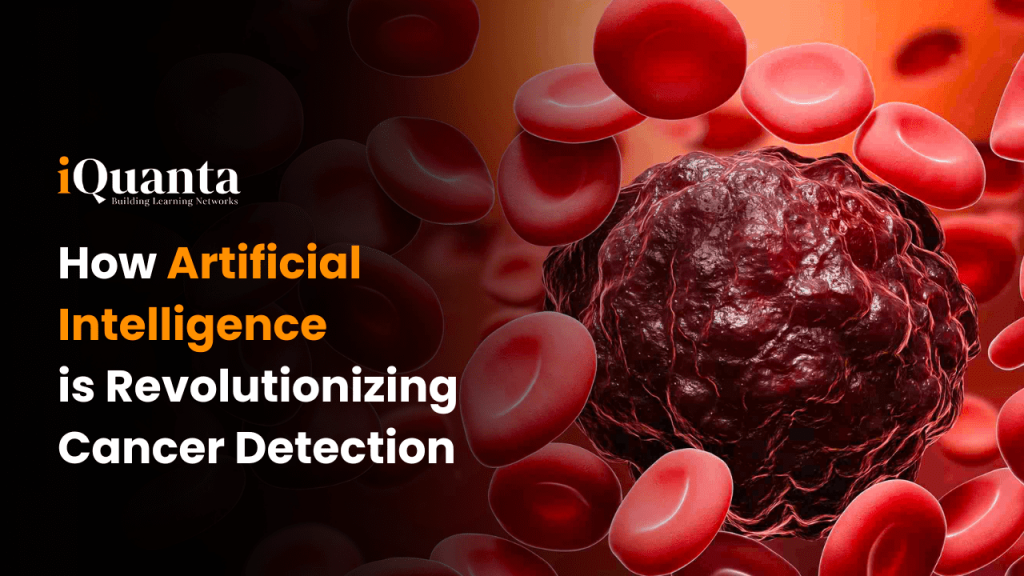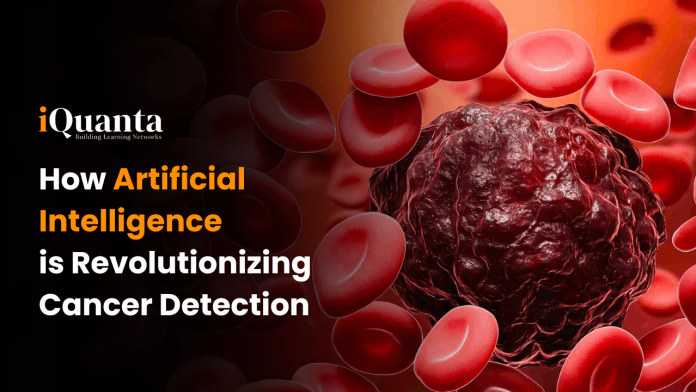
Genre : Science & Technology
Artificial intelligence (AI) is rapidly transforming the healthcare landscape, and nowhere is its impact more profound than in the field of cancer detection. Early diagnosis is critical for successful cancer treatment, and AI algorithms are being developed to analyze medical images and identify cancerous cells with remarkable accuracy. Tata Memorial Hospital (TMH) in Mumbai, India, is pioneering research into the use of AI for early detection and prevention of cancer.

Harnessing the Power of AI for Early Cancer Diagnosis
The development of a comprehensive AI-powered cancer detection system is being led by the TMH project. This system’s central component is an extensive database of cancer photos that have been carefully selected from more than 60,000 patients’ medical records. Sophisticated AI algorithms learn the subtle patterns and nuances that differentiate healthy tissues from cancerous ones by using this rich database as their training set.
The TMH project’s machine learning algorithms are skilled at analysing a range of medical imaging modalities, such as MRIs, CT scans, and X-rays. The algorithms can identify even the smallest anomalies that may escape the naked eyes of even the most skilled radiologists by painstakingly analysing these pictures. This enhanced diagnostic precision translates to earlier cancer detection, paving the way for timely intervention and improved treatment outcomes.
Beyond Diagnosis: AI’s Role in Personalized Medicine
The potential of AI in cancer care extends far beyond mere diagnosis. By analysing a patient’s unique genetic makeup and tumour characteristics, AI algorithms can help tailor treatment plans to the specific needs of everyone. This personalised approach to cancer therapy holds immense promise for improving treatment efficacy and reducing side effects.
AI can be used to predict a patient’s response to different chemotherapy drugs, allowing oncologists to select the most effective treatment routine from the very beginning. AI can also be leveraged to identify patients who are at a higher risk of developing cancer again thereby enabling doctors to take proactive measures to prevent relapse.
Reducing Radiation Exposure with AI-powered CT scans
A major concern associated with cancer diagnosis is the potential harm caused by radiation exposure during medical imaging procedures, especially for children undergoing CT scans. AI is playing an integral role to address this challenge by developing algorithms that can reconstruct high-quality CT images using significantly lower radiation doses.
This path breaking technology not only minimizes the risk of radiation-induced side effects but also makes CT scans more accessible and cost-effective, particularly when under budgetary constraints. Thus, AI paves the way for safer and more frequent cancer screening, leading to earlier detection and improved patient outcomes as it reduces the amount of exposure to harmful radiation.
The Future of AI in Cancer Care
Although the use of AI in cancer treatment is still in its early stages, there are clear potential advantages. AI algorithms’ role in cancer diagnosis, treatment, and detection is expected to grow significantly as they continue to advance and become more complex. AI is bringing in an era of hope and optimism in the fight against cancer, from minimally invasive procedures to personalized medicine.
To sum everything up, AI is completely changing how we identify and treat cancer. AI algorithms are making it possible for earlier diagnosis, more accurate prognoses, and individualized treatment plans by utilizing the power of big data and machine learning. AI technology is expected to have a greater impact on cancer care as it develops, providing patients and their families with a more promising future.

